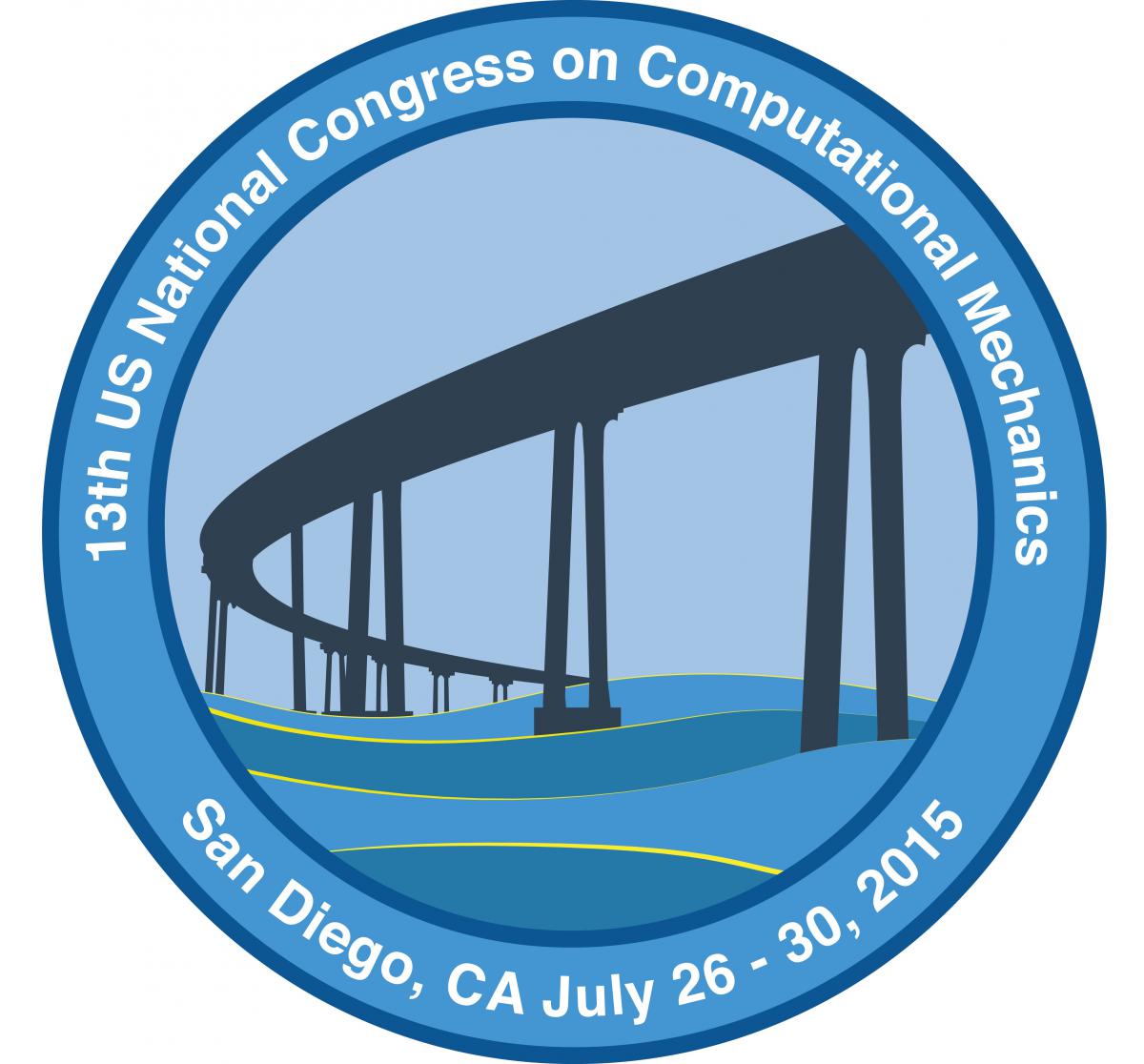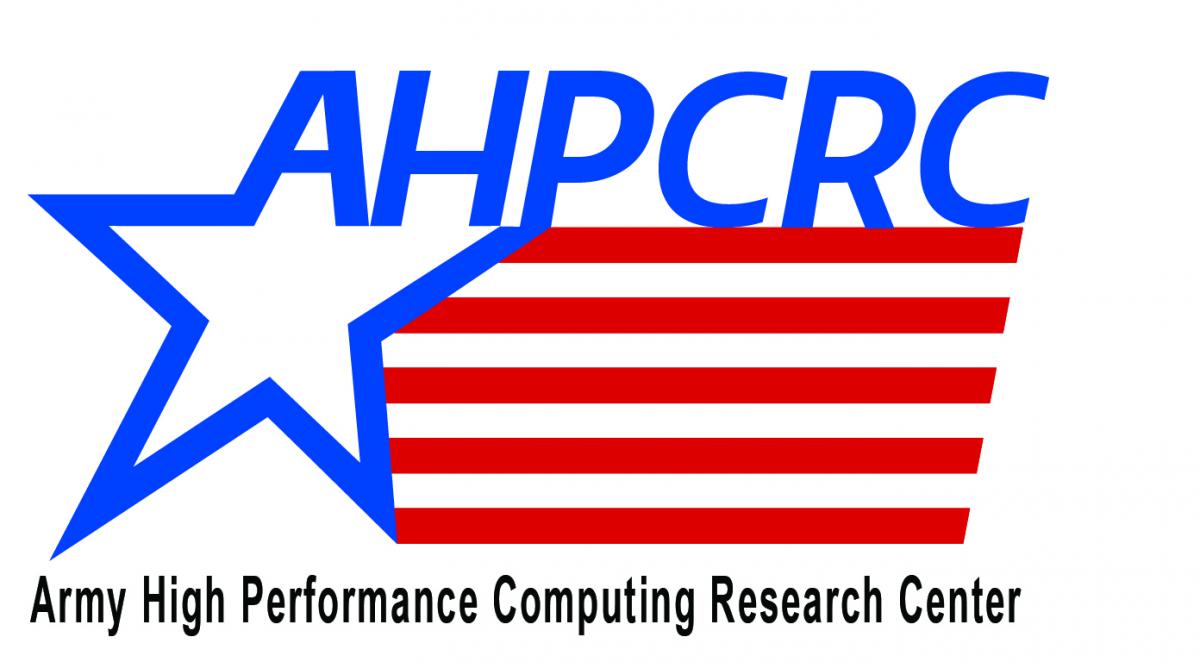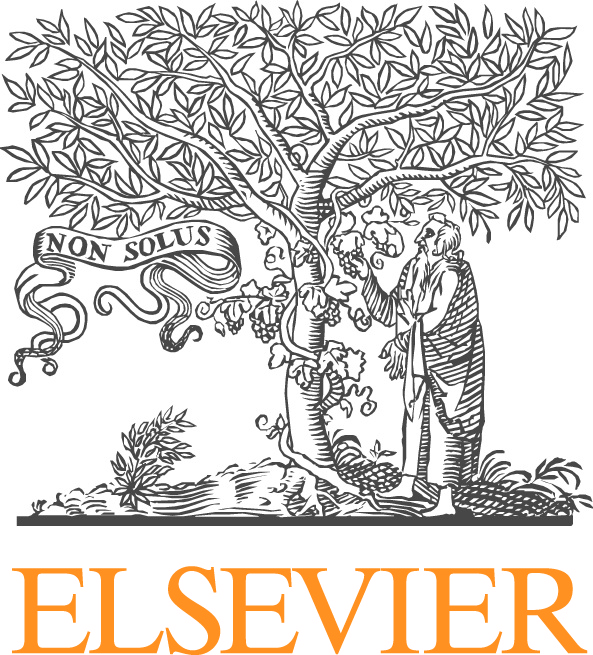Advances in Topological Optimization with Application to Advanced Manufacturing
Engineered designs are driven by a multitude of competing performance requirements, while limited by the manufacturing process used to fabricate the part. Current design practices depend heavily on subject-matter expertise to modify the design until performance specifications are met and manufacturing limitations are satisfied. This design paradigm can be time consuming and limits the number of design iterations that can be exercised to improve the part. Consequently, suboptimal or conservative designs often result.
Additive manufacturing (AM) frees designers from the manufacturability constraints of conventional processes. Freeform shapes that are difficult or impossible to generate through traditional manufacturing methods can now be realized via AM technologies. As a result, AM presents the opportunity to create geometries and materials that are driven almost exclusively by performance requirements, not manufacturing limitations.
To realize the full potential of additive manufacturing, topology optimization tools that can leverage the design freedom afforded by AM processes are needed to enable performance-based design. However, successful application of performance-based design requires leading-edge research in large-scale constrained topology optimization to develop high-performance algorithms that can efficiently handle large sets of design variables and design specifications in a wide variety of physical settings and engineering applications.
This Mini-symposium aims to bring together researchers working on various aspects of topology optimization. In particular, we are interested in recent advances in topology optimization to solve large-scale constrained topology optimization problems with application to AM. Suggested topics include, but are not limited to:
- Novel optimization algorithms for large-scale constrained topology optimization
- Optimization algorithms for large-scale constrained topology optimization under uncertainty
- New trends in reliability-based topology optimization
- Novel multi-objective topology optimization formulation strategies
- Non-FEM techniques applied to topology optimization problems, e.g. XFEM
- New formulation strategies to model mechanical and general manufacturability constraints
- Application of topology optimization techniques to AM processes
- Multi-physics topology optimization problems
- Topology optimization algorithms for high-performance computing
- Surrogate-based topology optimization
- Novel strategies for concurrent shape and topology optimization





